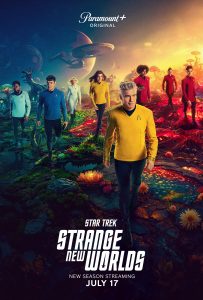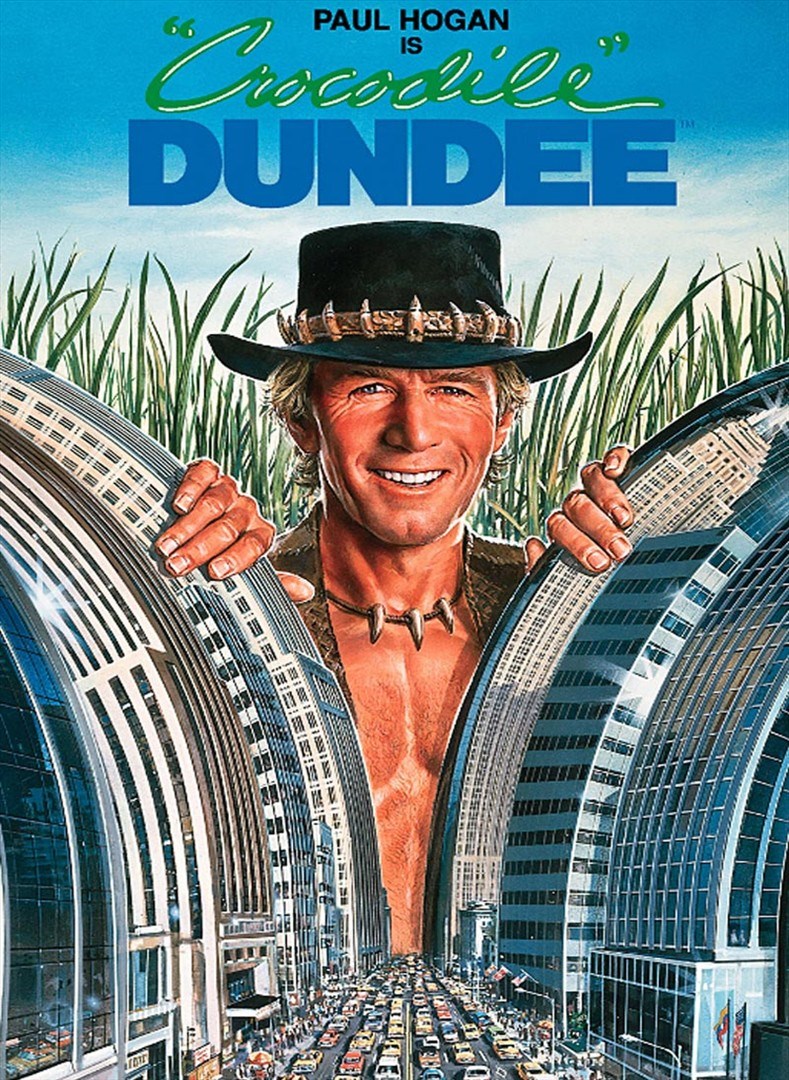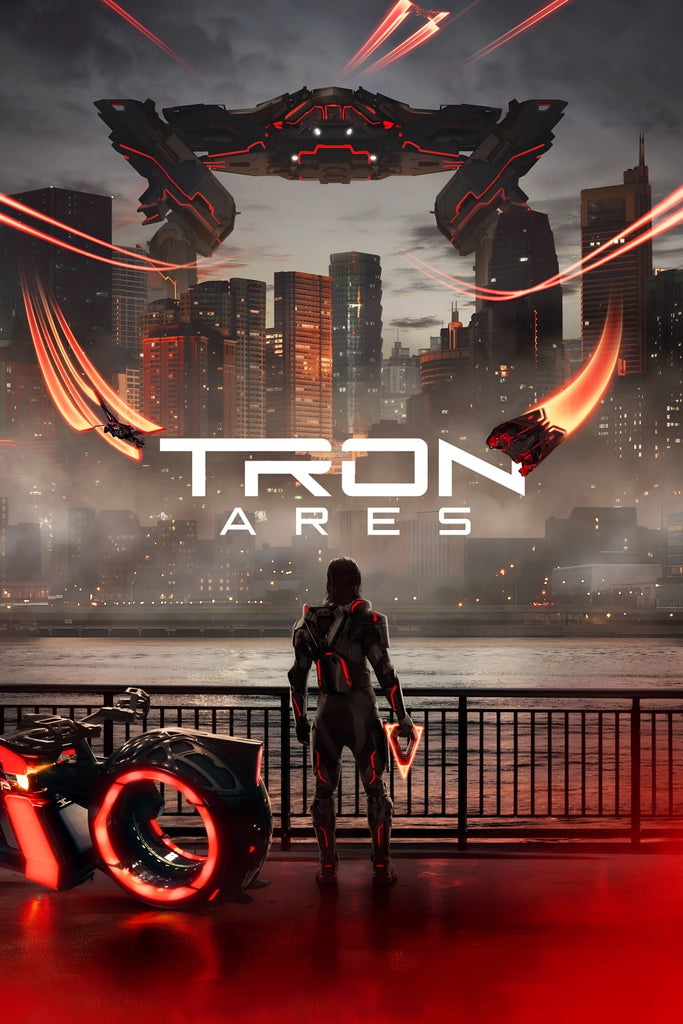Hollywood is in the business of storytelling, but recently, it has also become the curator of its own history. More and more, studios are making the decision to edit or censor older films, removing elements now deemed offensive or out of touch with today’s sensibilities. While the intent may be noble—to ensure films remain accessible and inclusive—this trend raises a critical question: should we be sanitizing cinematic history, or is it more valuable to preserve these films as they were, warts and all?
The push for retrospective censorship isn’t new. In the past few years, we’ve seen edits made to classic films, disclaimers added to streaming versions like the Muppets, and even the outright removal of certain movies from catalogs (Songs of the south). The reasoning is often the same: what was once socially acceptable in storytelling decades ago may now be considered offensive, problematic, or even harmful. Whether it’s racial stereotypes, outdated gender dynamics, or insensitive portrayals of marginalized groups, modern audiences are far more attuned to these issues than those of the past or from a time when there was no focus on such.
Yet, altering these films raises an uncomfortable issue of its own—erasing history doesn’t change it. By cutting or modifying content, we risk losing an opportunity for reflection or to learn. Cinema is a time capsule, offering a glimpse into the culture and attitudes of its era. To edit these films is to distort our understanding of the past, making it seem more palatable than it actually was. The best way to learn from history is to face it head-on, not to rewrite it.
Take, for instance, films like Gone with the Wind (1939). The movie’s depiction of the antebellum South is problematic, romanticizing an era built on slavery. But removing it from circulation or editing its content would rob us of the ability to critique and discuss its flaws. Instead, context is key—when HBO Max briefly pulled the film in 2020, it later returned with an introduction explaining its historical backdrop. This approach allows audiences to engage with the material critically rather than consuming it in ignorance.
Another example is Crocodile Dundee (1986), which has been re-released with edits removing references to cross-dressers. While some may argue that such changes make the film more palatable for today’s audiences, others contend that these edits erase a moment of cultural history that should instead be addressed and discussed. Rather than pretending such depictions never existed, a better approach would be to provide context, helping viewers understand how and why cultural attitudes have evolved.
Moreover, the question of where to draw the line remains unresolved. If we start modifying films based on today’s standards, what happens when social norms shift again in the future? A joke, a costume choice, or even a narrative decision that is acceptable now may not be in twenty years. Constantly revising films to match the moral compass of the day could lead to an endless cycle of erasure, where no piece of art remains untouched. We wouldn’t alter a picaso because we thought it offensive we would discuss it so why then do they get to chop and change a movie?
The solution isn’t to ignore problematic content but to contextualize it. Instead of removing or editing films, studios should take responsibility for framing them properly. Introductions, disclaimers, and educational materials can provide viewers with the necessary perspective to understand why certain elements are troubling without erasing them entirely. Film, like all art, is a product of its time, and part of its value lies in how it reflects the era in which it was made.
Ultimately, cinema should challenge us. It should make us think, provoke discussion, and force us to confront the realities of history. Rather than rewriting the past, we should embrace the opportunity to learn from it. If we start treating films as historical documents rather than mere entertainment, we can foster a deeper understanding of where we’ve been—and where we’re going. Would you rewrite the history books to remove a war completely, re-reference even religious texts, then why media. Education is key, information is key, yes things change but with the right context and education we can see these stories for what they were at their time.
Don’t cut, learn.









